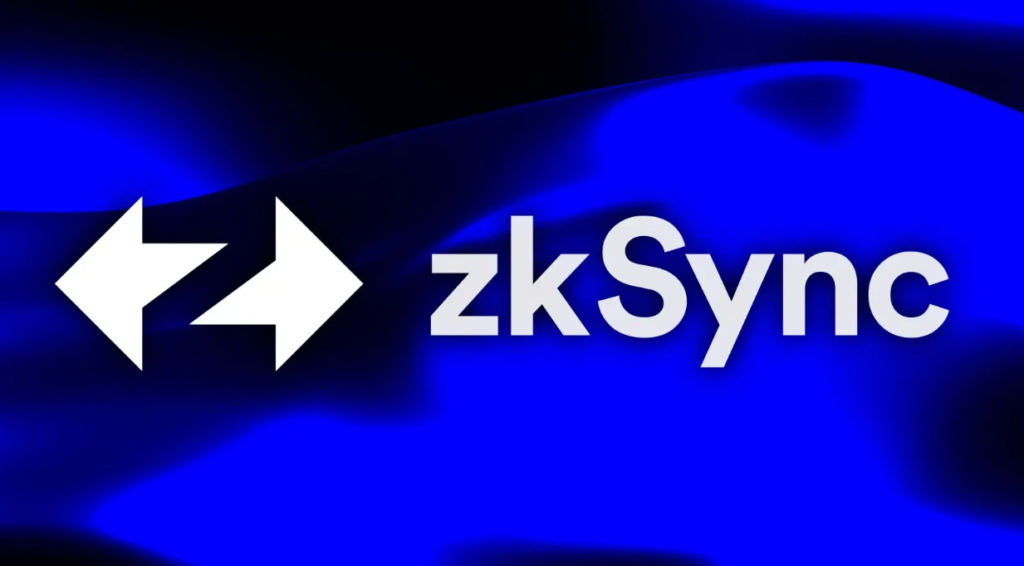Crypto industry observers have expressed dissatisfaction with zkSync’s airdrop, alleging that it failed to implement anti-Sybil measures and had an unjust distribution.

“From what I can observe, there is virtually no Sybil filtering,” Gupta concluded. “Anyone aware of the criteria could have easily exploited it.”
That day, zkSync announced that 695,232 wallets could claim its ZK token airdrop. The company also provided a list of seven eligibility criteria to safeguard against Sybil attacks, which involve using multiple wallets to manipulate crypto airdrops.
“From a Sybil perspective, that was not a well-planned airdrop,” stated Adam Cochran, a partner at Cinneamhain Ventures, in discussing the eligibility criteria for zkSync. “Those criteria are simple to avoid as a genuine user and simple to meet as a farmer, and there was no anti-Sybil program.”
Nansen, a crypto analytics firm, responded to the backlash by stating that it did not conduct anti-Sybil checks or advise on allocation for the ZK token decline. Instead, it “provided data on specific wallet segments,” including “whales and known scammers.”
Nevertheless, crypto researcher “Ignas” emphasized that zkSync intentionally did not implement rigorous anti-Sybil measures. He cited the press release stating, “Sybil detection frequently excludes genuine users with arbitrary filters.”
Sybil Horror 6, a Sybil-tracking X account, recently published a preliminary estimate based on data from LayerZero Labs. The forecast suggests that 135 million ZK tokens may be on their way to Sybil wallets, as enumerated by LayerZero.
According to the price of ZK on pre-market perpetual exchanges Aevo and PancakeSwap, the tokens may be worth as much as $52.3 million.
In the past 24 hours, the token has experienced a 43% decline in both markets, with the sudden decrease occurring in conjunction with the release of zkSync’s airdrop details.
The development firm of zkSync, Matter Labs, did not immediately respond to a request for comment.
